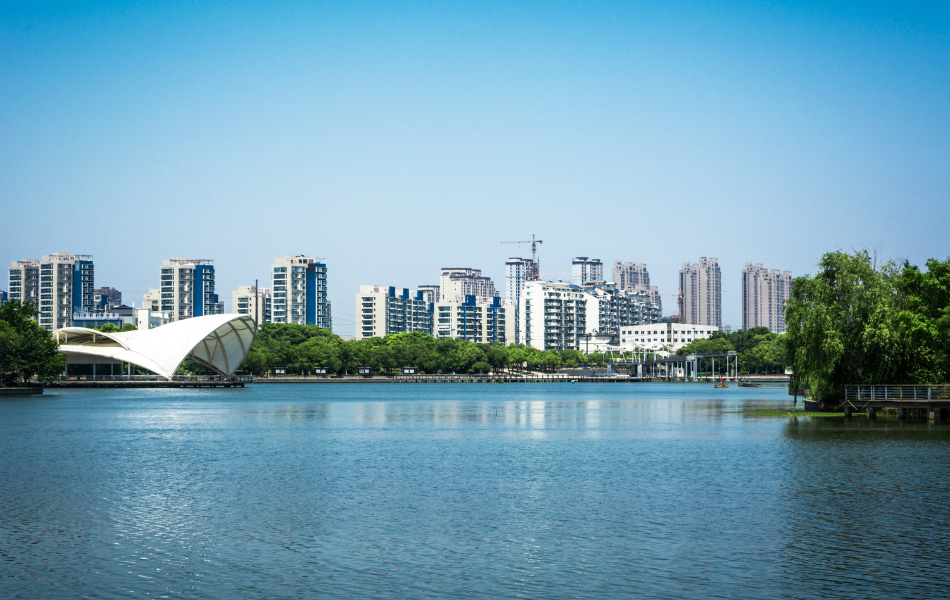Australia is known for those seeking a better quality of life. Famous for its unique wildlife, stunning natural wonders, and vibrant lifestyle, the country consistently ranks among the world’s most desirable places to live. Major cities such as Sydney, Melbourne, and Perth offer a dynamic mix of culture, opportunities and relaxed atmosphere. However, it is important to have a clear understanding of the living expense in the country before making any commitments.
Housing
Needless to say, an accommodation represents the highest portion of budget. Rent may vary considerably depending on the location and the property type. People know major cities like Sydney and Melbourne, in particular, for their high rent. A one-bedroom apartment in the city center of Sydney typically costs between AUD 2,500 and AUD 3,500 per month. Conversely, in smaller cities such as Adelaide, rents are significantly lower as it may range from AUD 1,200 to AUD 1,800 per month.
While these figures may seem affordable for some expats expensive cities like London, affordable rental properties in desirable areas can be highly competitive. It is also important to note utilities, which are often not included in the rent. Electricity, gas, water, and internet services can add an additional AUD 200 to AUD 400 per month, depending on usage and property life.
Food
Australia’s grocery stores offer a wide variety of fresh produce, much of which are local production. However, due to Australia’s geographic isolation and heavy reliance on imported goods, grocery prices are generally higher than in many other developed countries. A single person should expect to spend approximately AUD 80 to AUD 150 per week on groceries, depending on their location and eating routines.
Dining out will cost a lot higher. A meal at a mid-range restaurant may cost between AUD 20 and AUD 30 per person. As mentioned before, shopping at supermarket chains such as Aldi, will offer more affordable grocery options and can significantly reduce overall food expenses.
Transportation
Australia’s major cities feature well-established public transportation networks including buses, trams, trains and ferries. While they might not be comprehensive as the public transport systems in some other global cities like London, these networks are generally reliable and affordable for residents in central business district.
However, for those living in suburban or rural areas, access to public transportation may be limited, and owning a vehicle often becomes a necessity. If you are not a fan of driving, the good news is that the majority of Australia’s population resides in urban centers, so many residents can comfortably rely on public transport for their daily commutes.
Healthcare
Australia boasts a solid public healthcare system known as Medicare, which provides comprehensive coverage to its citizens and permanent residents. Visa holders typically need to obtain private health insurance to get visas.
The cost of private health insurance varies depending on the level of coverage but generally ranges between AUD 500 and AUD 1,000 per year. This additional expense is crucial to ensure access to healthcare services and peace of mind while living in Australia.
So should I move to Australia?
While Australia offers an exceptional quality of life, the cost of living can be substantial. Prospective residents should carefully plan and budget to ensure smooth relocations. However, for those who manage their expenses wisely, the rewards of living in Australia may justify the expenses.
For more information: Contact [email protected] or call 02074275975.









